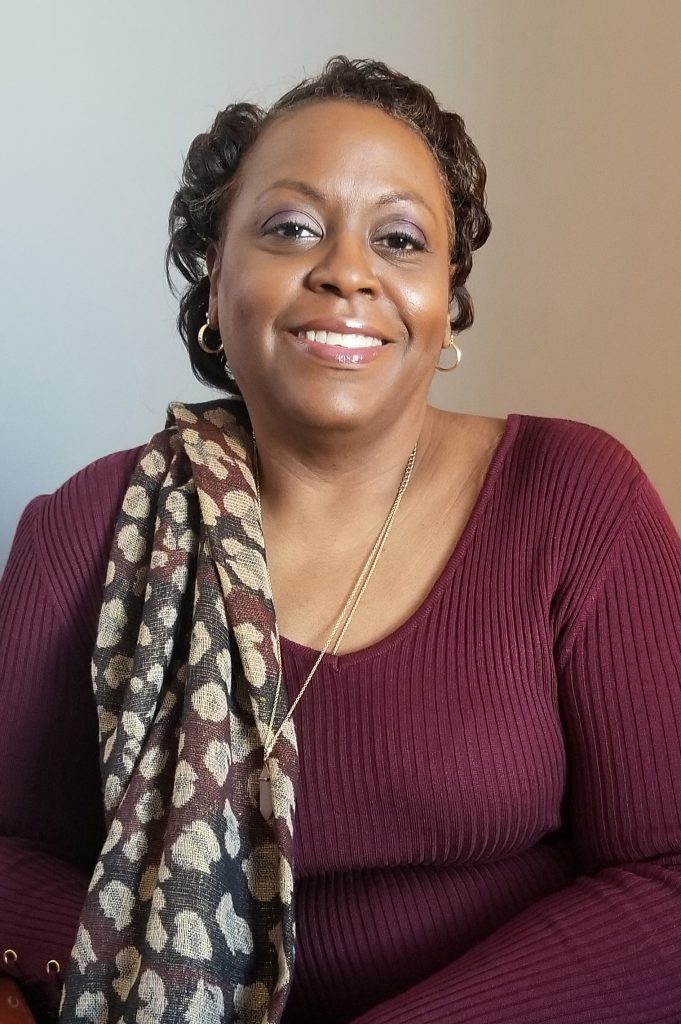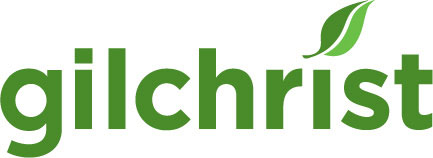Finding Community Resources for Seniors

Caregivers often tell us they feel overwhelmed with trying to locate community resources for seniors to help their seriously ill family member. There are many community resources available, but they are offered through disparate agencies, each with their own application process. It’s a complex system to navigate, made worse by the stress of caring for a loved one.
To help these families, Gilchrist provides a community service coordinator for patients of its Elder Medical Care program, which provides medical care and support to allow seriously ill seniors to remain in their homes and communities.
The service coordinator first meets with patients and families to identify their needs and challenges. Often, caregivers are looking for additional in-home care or transportation services. The service coordinator can arrange for these and also suggest resources families may not know are available, such as discounted medication and insurance options. To provide socialization opportunities, the coordinator may locate nearby senior centers that offer activities such as trips, luncheons and dinners.
One major hurdle patients and families frequently face is difficulty with finding available and affordable senior housing. In these situations, the service coordinator will discuss available options, such as a senior apartment complex, assisted living or, in some cases, long-term care. They will walk families through the application process and explain how to obtain additional insurance coverage that can help with affordability. The coordinator will also provide tips on how to navigate the adjustment.
In short, Gilchrist’s coordinators navigate finding community resources for seniors on behalf of families to keep their loved ones happy and healthy. Below are recent examples of how service coordinators have helped patients and their families overcome obstacles.
Loss of Utility Service
A patient and his wife lost their utility services for over three weeks. They were unable to prepare food, navigate through their home in the dark, or make phone calls. They had no way of contacting anyone in the event of an emergency.
Gilchrist’s service coordinator worked with community agencies to restore services. In the meantime, she found resources to supply the couple with shelf stable meals and battery-operated lanterns. She brought dry ice to maintain cold foods in a cooler and picked up hots foods as needed. She also provided access to phone communication during her frequent visits until the couple was able to purchase a cell phone.
The service coordinator helped the couple remain safely in their home during this unfortunate crisis. This experience helped the couple realize they needed an alternative living arrangement. Shortly thereafter, they relocated to a more structured and sustainable living environment.
Financial Crisis
An elderly patient was the victim of theft from her bank account, leaving her in a financial crisis without the ability to pay bills or make purchases.
The service coordinator helped her find benefits to help offset her financial hardship. On the patient’s behalf, she completed and hand-delivered an application for the Senior Discount Water program. This enabled the patient to receive a 43 percent credit toward upcoming monthly water bills as well as a waiver of fees for sewer and bay restoration. She also requested the re-issuance of a food stamp card so that the patient could purchase food.
The patient was referred and approved for the Social Security Administration’s Extra Help program to help pay for her prescriptions.
The coordinator also helped the patient apply for the Specified Low-Income Medicare Beneficiary (SLMB) to help pay her Medicare Part B premiums. As a result, she was able to keep her full Social Security payment.
Finally, the service coordinator contacted the State Tax Credit Program to request a refund of over $700.
Thanks to the service coordinator’s advocacy, the patient was able to receive benefits that supported her short-term and long-term finances.
Transportation
An elderly caregiver was caring for his spouse who was bedbound. He had limited support and no affordable transportation to run errands or take a respite break.
Gilchrist’s service coordinator made a direct referral to the Department of Aging and completed an application for Baltimore CountyRide, which provides free transportation. He now has access to transportation, which has been a huge benefit.
“As a community service coordinator, I enjoy meeting our senior population. It’s a joy to assist them with their needs, provide hands-on application assistance to promote receipt of benefits and services, and provide support to caregivers by identifying needs, challenges and solutions related to long-term care.”
For more information about community resources for seniors and Gilchrist services, please visit our website.


